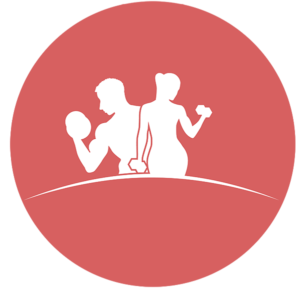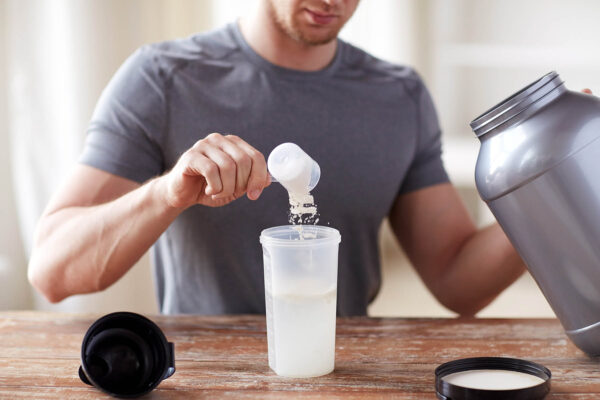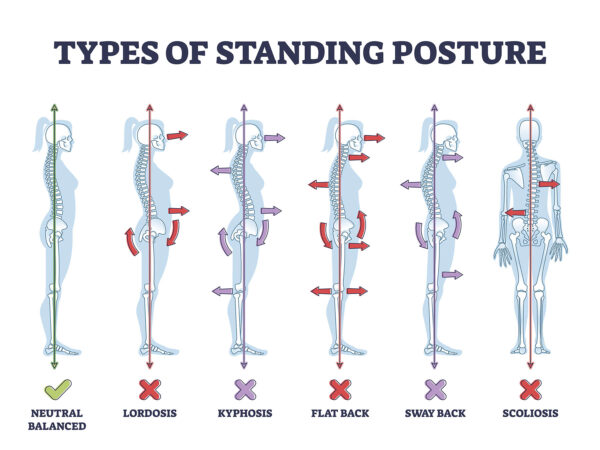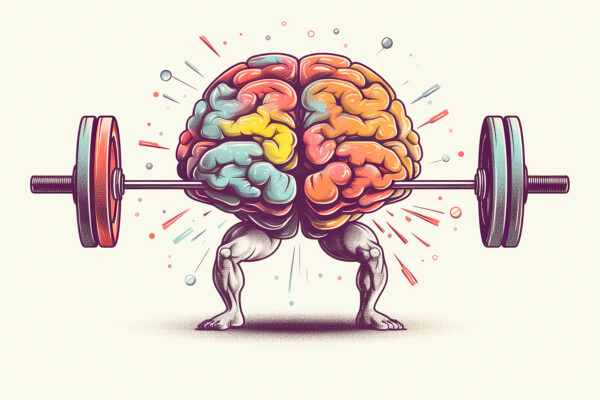With so many different types of workouts, machines, diets, supplements, and fads out there, how in the world are you supposed to know what ones really work? When it comes to fitness, it seems that everyone has those tips and tricks that they swear by, but how do you know which ones will get YOU the best results? Below, we’ve compiled a list of fitness tips that are proven to help people get the results they want.
Tip 1: Combine and Conquer
We all know cardio is important to your fitness program, and strength training allows you to be able to do more intense workouts with more results. But combine the two, and you have a recipe for a workout that’s guaranteed to burn through calories, build muscle mass, and even increase your body’s flexibility. By starting with intense cardio for a minute, then moving to heavy weights, you pump nutrients and oxygen straight to your targeted muscles due to your increased heart rate. Every time you get to a rest period during your heavy lifting, do 30-60 seconds more of intense cardio. Talk about maximizing your workout!
Tip 2: Don’t Skip Core Lifts
Squat and deadlifts are just as important as leg day. By doing these core lifts every other day, you not only strengthen your core muscles, but you allow yourself to build a strong foundation to perform your other exercises on. A strong, maintained core will allow you to perform longer and harder when exercising your other muscle groups.
Tip 3: Dare to NOT Compare
Stop looking at everyone else in the gym! Everyone builds muscle, burns fat, and performs differently. No two bodies are the same, and comparing yours to someone else’s is just a way to self-sabotage yourself. Keep your goals and reasons in mind, and focus solely on your workout and what you want to achieve that day.
Tip 4: Join the Resistance…Bands
Resistance bands don’t receive near the respect they deserve. Sure, they may not be as impressive looking as most fitness equipment, but that doesn’t mean they can’t help you achieve big results. These small bands of rubber can offer the user an intense resistance workout, all the while doing far less damage to joints. Unlike traditional resistance machines, resistance bands are easy to take anywhere, and can be used just about anywhere.
Tip 5: Failure isn’t the End
Sometimes, we set our expectations just a bit too high. Just because one person can do a certain amount of reps at a certain weight doesn’t mean that you have to. And if you DO try to do those reps and fail? Don’t see it as a failure. Instead, realize that you’ve pushed yourself, and that you know your limits for NOW. This gives you an opportunity to build towards a new goal, and to work with what you can accomplish at this moment.
Tip 6: Legs, Legs, Legs
Skipping leg day is definitely NOT recommended! Leg training is a vital part to any fitness regimen, and can help you achieve a symmetrical and balanced physique. Many professional trainers suggest exercising spending 3 days on your leg training. Two days should be devoted to strict leg exercises, while the third day can be more loosely used in your leg training. By exercising your legs correctly, you can not only boost your metabolism but can help release more testosterone, leading to higher muscle mass growth.
Tip 7: Pay Attention to Those Calories
Believe it or not, eating too few calories is a lot worse than eating too many calories. Calories act as fuel for your body, but if your body doesn’t have enough fuel, then it just doesn’t perform well. After a while, this can even cause your metabolism to slow down. The trick to beat overeating AND giving your body enough fuel at the same time? Multiple small meals throughout the day fuel of lean protein, healthy fats, and complex carbohydrates.
Tip 8: Bad Diet = Bad Idea
No one likes to hear the word “diet”, but the truth is indisputable. If you want to maximize your fitness routine and get the healthy, fit body you want, you HAVE to eat right. This means limiting or removing sugars, alcohol, and processed foods. It’s important to know what nutrients you need to get the most benefits, so research is key. Once you know what to eat and when to eat it, prepping and planning your meals can help reduce overeating and make it easier to stay on track.







